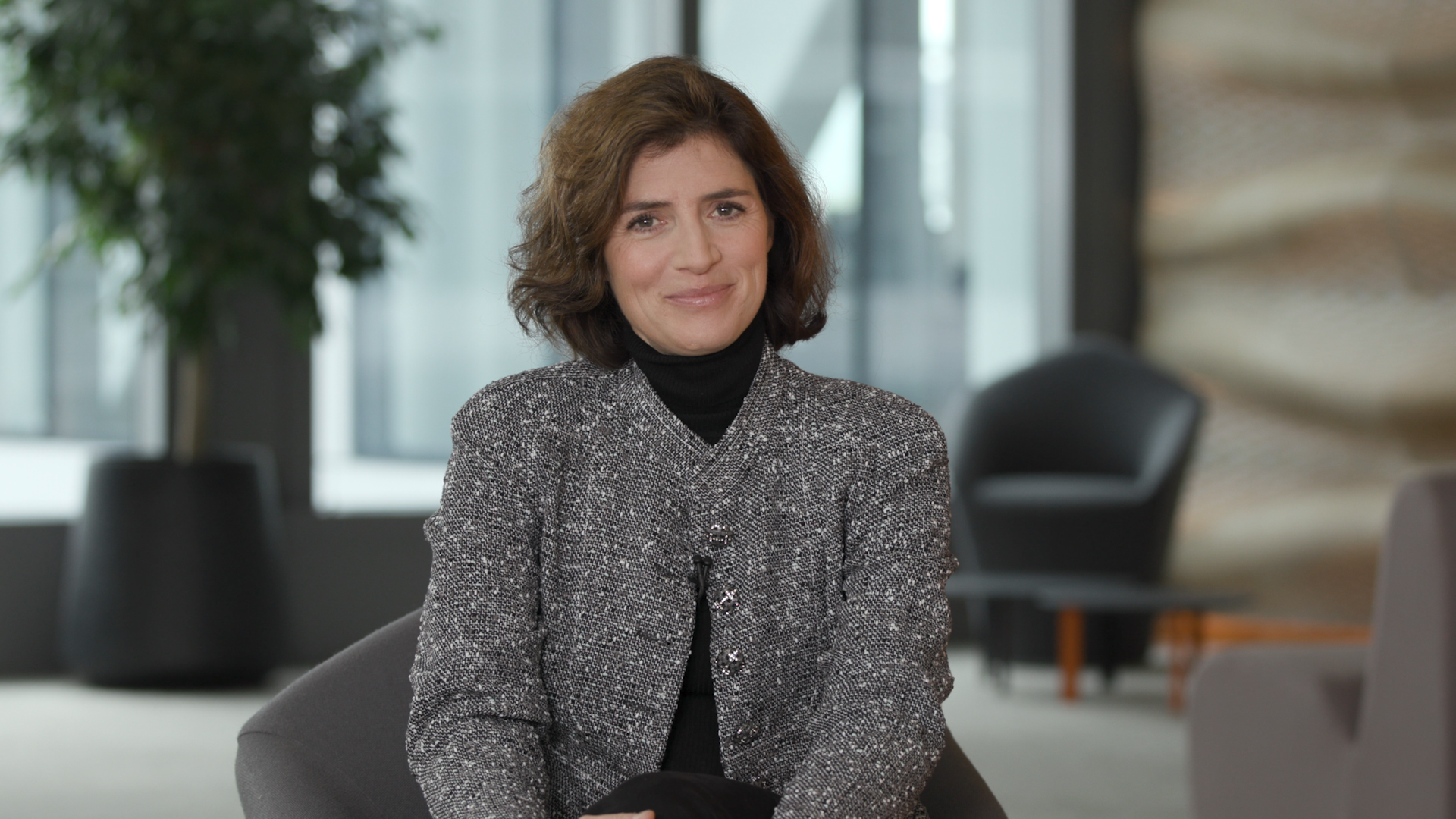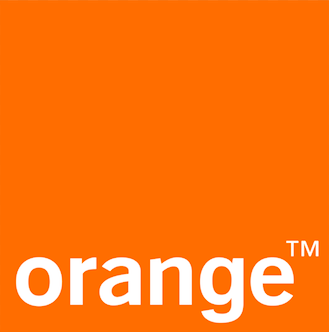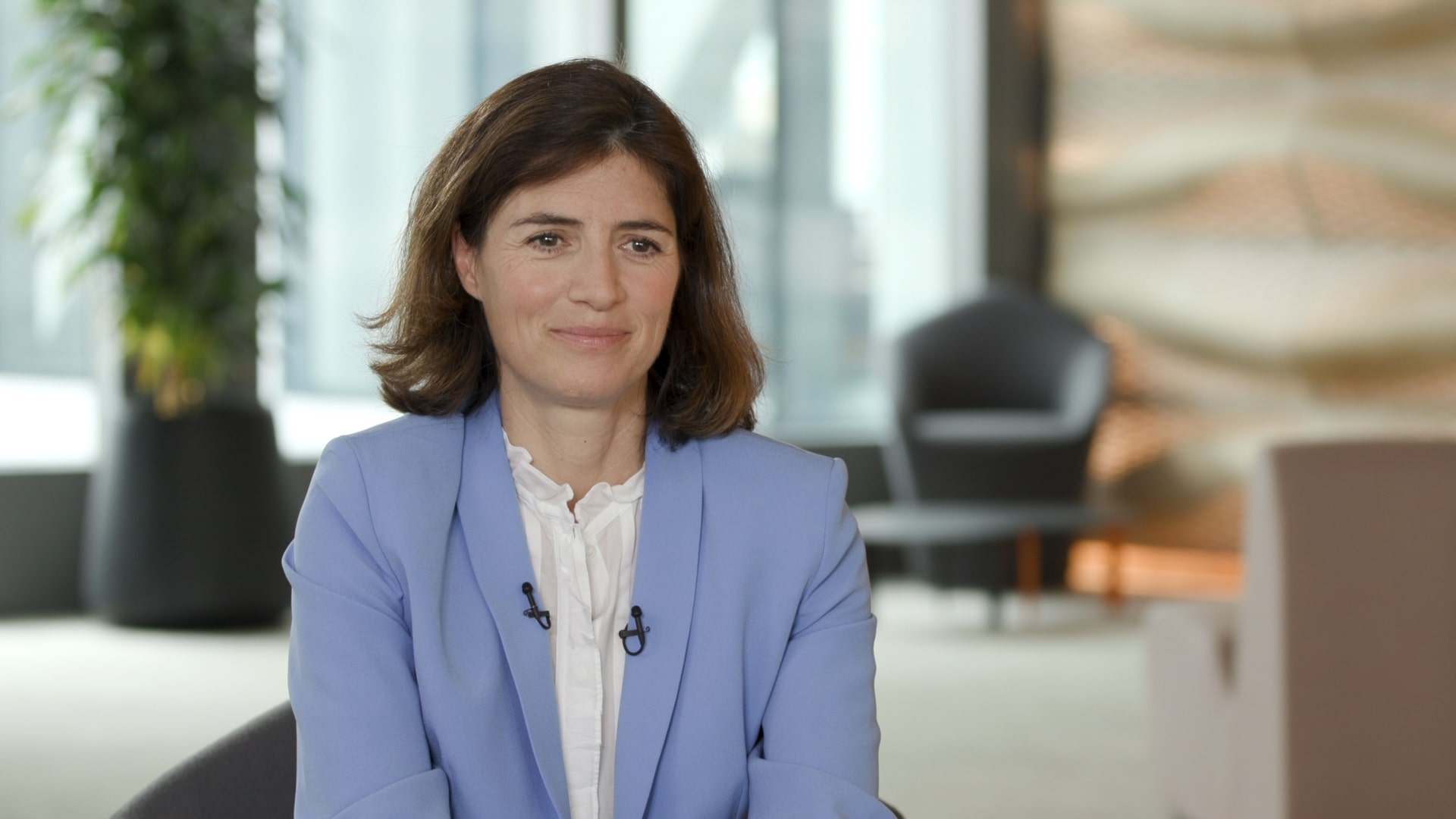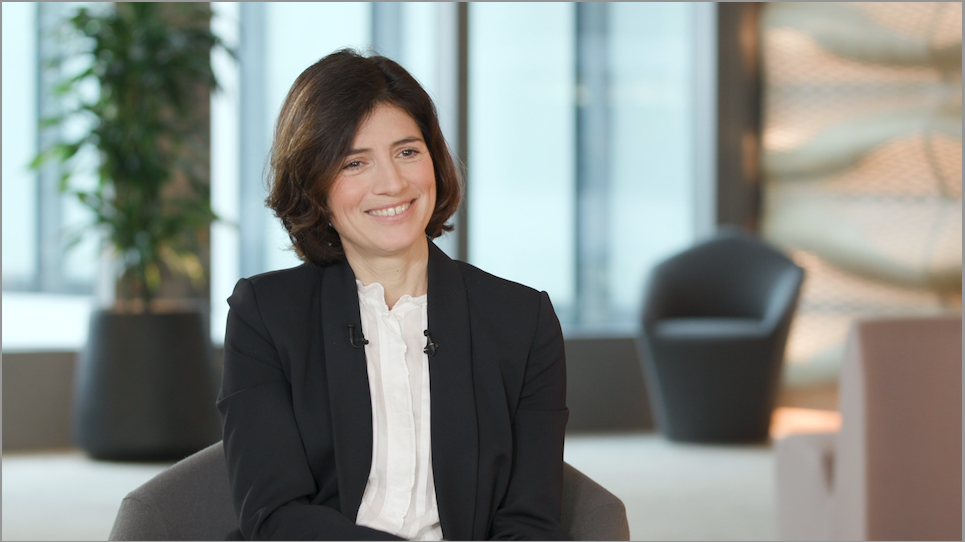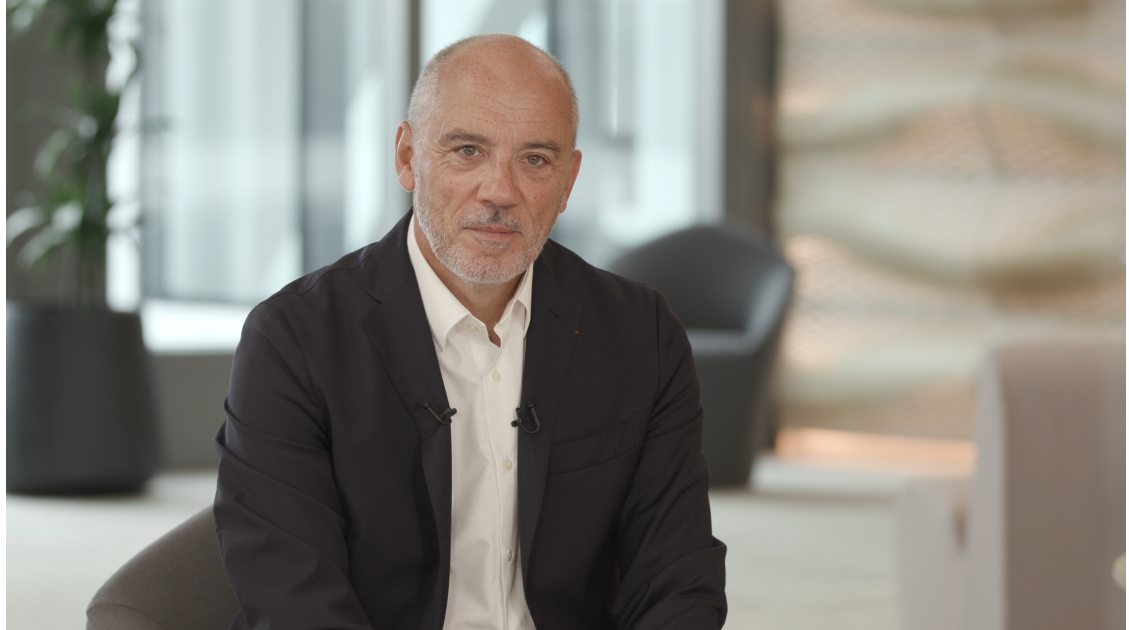EuroBusinesss Media (EBM): Morgan Stanley recently hosted in Barcelona its Annual Technology, Media & Telecoms Conference. Stéphane Richard welcome. You are the CEO of Orange. You were recently a speaker at this conference, along with Delphine Ernotte, Head of Orange France. European consolidation has been a strong point in your sector since the summer. How do you see it developing and do you expect Orange to take part in this wave of consolidation?
Stéphane Richard: First and foremost, Europe needs consolidation. I think that everyone has realized that there are too many players in Europe, too many operators - more than 100 fixed and mobile operators - and definitely with respect to the investment and innovation that this market needs, we need some consolidation. There are a few first projects of in-market consolidation. I could mention Germany where, as you probably know, there is a project to merge the Number 3 and the Number 2 of the market. So Germany could switch from 4 to 3 [operators]. There are other countries in Europe, like maybe Spain and Poland, where we could see the same prospects. The second point is that the regulatory environment, especially in Brussels, seems to move. The Vice President of the Commission, Mr Almunia, seems to change a little bit his mind around those issues, for instance recently he has said officially that he had no religion about the number of operators in a single market, even though it’s a big market like Germany. Four or three can be a sustainable state of the industry. So I think that this creates an attractive environment to see some consolidation projects. Then you have also non European players that are looking quite closely at what’s happening in Europe. I’m thinking of America Movil with the KPN situation, I’m thinking of AT&T, as you know they are regularly rumoured to be interested in Vodaphone. And lastly, when we are talking about consolidation, it can be in-market mobile consolidation, but it can be also consolidation between fixed and mobile. This is another, I think, very important trend that we see in Europe, which is the move to convergence; you have, nearly everywhere in Europe today, a very powerful market trend towards convergence between fixed and mobile services.
EBM: Do you see any real opportunity for consolidation in France? If so by when? Or do you consider that network sharing is a half-way or even definitive solution?
Stéphane Richard: First in Europe, Orange has a critical position and certainly a role to play in this ongoing consolidation because, first, we are a leader in some markets, or a good challenger in some markets, like Spain or Poland or Romania or Belgium. So we can be a player of in-market consolidation within the mobile sector or in consolidation between fixed and mobile. Now, when it comes to France; France is for us a very specific situation because we are the incumbent, we are the Number 1 by far both in mobile and fixed. So clearly, the real opportunity for us to be part of some consolidation in France is limited, because it could make us like a dominant player in the market and honestly, I don’t honestly think that it’s a realistic prospect. But at the same time, we can take advantage of some consolidation in France. And the question is “Could we attempt a form of consolidation?”. There is a first step maybe towards a likely consolidation, which is network sharing. As you know, there is a network sharing agreement under discussion between SFR and Bouygues, so let’s see what will be the outcome of this. In any case - whether network sharing or further consolidation between other French players-, Orange will be the winner of the game and will take advantage of this. In my view, a market in France with four MNO’s is not sustainable, so I am convinced that in the medium to long-term, we will reduce the number of players in France and this will be, I think, a positive move for Orange.
EBM: As you know, a crucial topic for the market is your ability to stabilise your EBITDA in 2014. Where do things stand today and are you still as committed to reaching this target?
Stéphane Richard: Yes, definitely. You are right to say that it’s a crucial rendez-vous between us and the market. What is the situation today? The situation today is that we have some pressure on the top line and on the revenues. Not because we are bad in terms of commercial momentum, we are good in fact, but because prices are down everywhere. As you know there is fierce competition between operators on prices and this, of course, has a negative impact on the top line and the revenues. What have we done in the recent months to cope with this situation? We have first been very innovative in marketing, for instance by launching convergent offers in France, in Spain, that are very successful and that are also low cost offers.
Second, we have been working very hard in order to reduce our cost basis, to reduce the level of indirect costs that we have in the group in order to secure the EBITDA generation by working on the cost basis. And to take the 2013 figures, we had committed to reduce the total cost of the Group by €600 million this year, we will be, at the end of this year, above €900 million, so we are delivering in cost cutting, cost reduction. Now, as far as 2014 is concerned, I expect still a lot of pressure on top line and revenues, let’s be realistic. And this is the reason why we have to put a lot of focus and emphasis on the cost side, and me and my team are fully committed to work on the cost structure in order to stabilise the EBITDA next year. So I can confirm that this is our ambition. It is not a target or a guidance that I provide to the market, because it’s not the time now. I will talk in more detail about this in March when I present the 2014 prospects, but I can confirm today that it is our main target and commitment to stabilise EBITDA next year.
EBM: Now, coming to the dividend, will you have to trade off leverage ratio against dividend? Will you be able to maintain your dividend policy beyond 2013?
Stéphane Richard: First I want to confirm that we will pay 80 cents this year, 2013. Now, when we are looking to the future, the situation is that the balance sheet of the Group is solid, is under control and there is no cash issue, no cash problem at Orange. It might not be the case for other Telcos but as far as we are concerned, we have a good rating and we have a debt which is well managed and under control. There is no cash problem at Orange for the next few years. It means that if, of course, we are able to keep EBITDA generation at the level that we aim for next year, we will be perfectly able to pay 80 cents of dividend next year and in the future. What is important, I think, for the market is to understand, that for the management team and for myself, the dividend is not a political thing or political debate. It is normal for us to pay to our shareholders a normal dividend according to the economics of the company. And I will be very committed personally, in front of my Board also, to explain that we have to implement a sustainable and steady policy regarding pay-outs of the company and regarding the relationship with the shareholders.
EBM: And finally, another question on France. With so many unknowns in this market, how do you count on returning to growth?
Stéphane Richard: Let’s be realistic. In the short term, I don’t expect to return to growth in France. Just because in one of the main parts of the market, which is the mobile market, we are still in a price war, or a form of price war between operators, and that we have to defend our own positions, we have to defend our customer basis and so we will have a further reduction of the ARPU probably around 8% next year, and under such circumstances it is impossible to even stabilise revenue. So we won’t have any kind of growth in the short term. What we are working on now is to think about the future growth businesses that we can create, that we can develop through innovation. I would mention only two things; the first is about broadband services, 4G mobile. 4G is clearly an opportunity for us to sell with a premium of price a new technology, a new service, a new user experience, and it’s quite promising. The first weeks of 4G market are quite good. We will reach 1 million active customers at the end of this year in France, so there is some appetite within our customers and we will sell 4G with a premium, between 5 and 10 euros a month, next year. So 4G is clearly an opportunity to recreate some value on the market. The second one is about services. My view is that we are really in the very beginning age of internet services and that an operator like Orange will have a lot of opportunities to create services that can be growth relays in the future and that will help us also to better manage the churn of our customers. I could mention mobile banking, which is one of our key priorities for the future, or e-health. As you know we are in Europe, in countries where there is an ageing population, it will create a lot of social needs to take care of those ageing people and also enable them to stay at home, and clearly there are huge opportunities in the domain of wellness, e-health, medicare through connected devices and the networks and clearly it is something that we have to work on. So in a nutshell, I would say that in the mid-term we can have attractive new prospects of growth through broadband services, 4G and fibre of course in the fixed market, and new services.
EBM: Stéphane Richard, CEO of Orange, thank you very much.
Stéphane Richard: Thank you.

